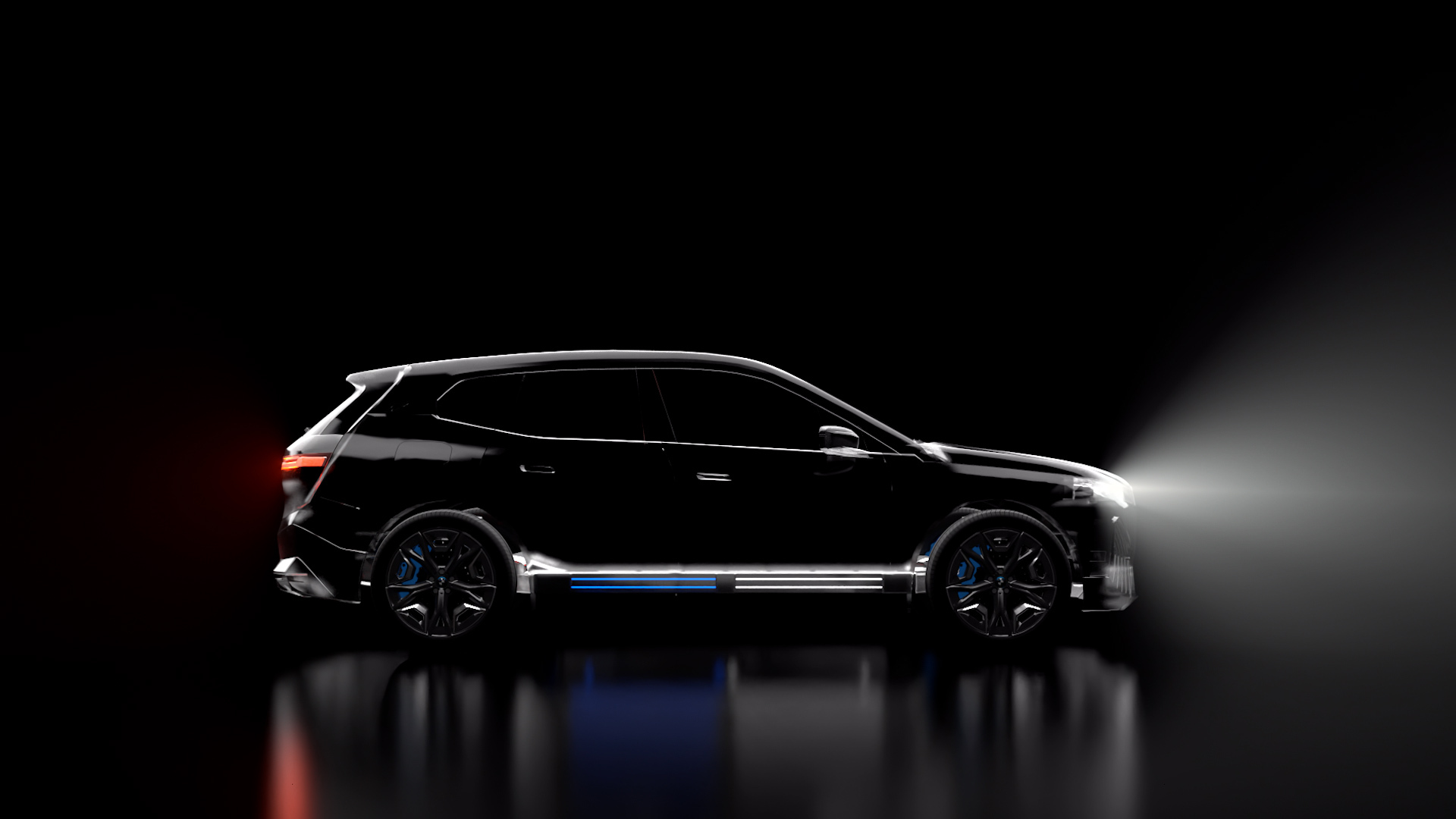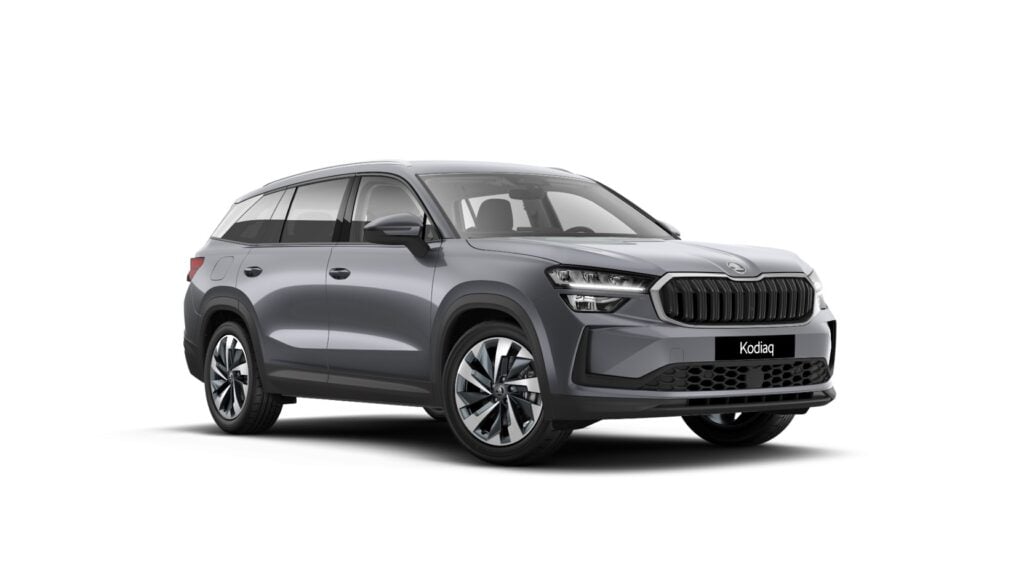Snapshot
- Our Next Energy enters partnership with BMW
- Dual-chemistry battery pack gives the iX SUV a driving range of over 950km
- New technology could be implemented into production models
Michigan-based start-up Our Next Energy (ONE) has developed a dual-chemistry battery pack for electric vehicles, as BMW signs on to incorporate the new technology into its production vehicles.
Unlike most mainstream EV batteries which are comprised of lithium-ion only, ONE’s dual-chemistry Gemini pack has two separate main cells that feature unique characteristics, allowing it to not only store more energy but also reduce the amount of materials used.
While the company has previously fitted a Gemini battery to a Tesla Model S – nearly doubling its claimed range of 652km to 1210km – its latest project has featured the BMW iX SUV, as the new pack has increased the EV’s range from 630km to 966km.
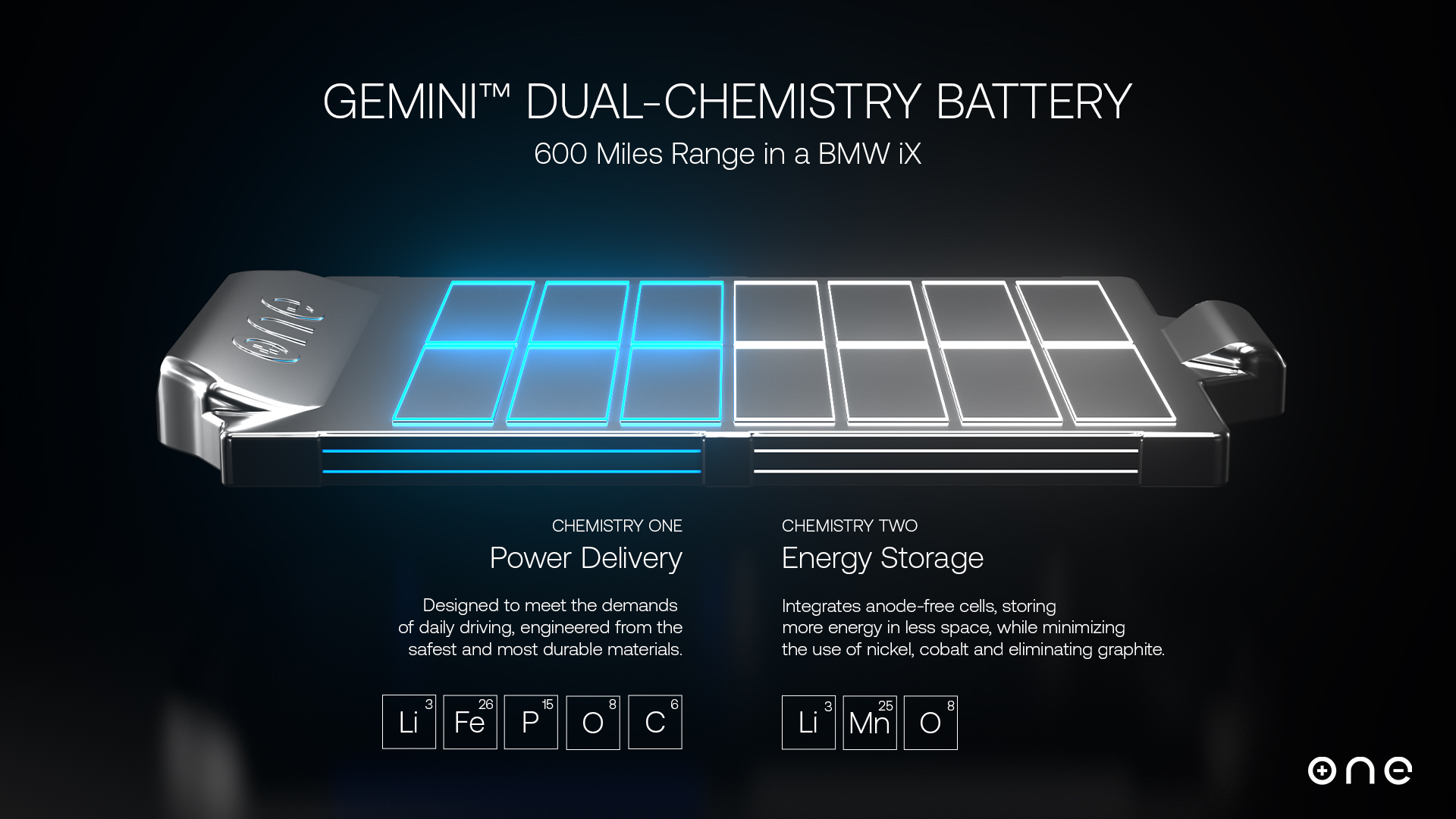
The Gemini battery achieves this longer range despite its construction being made up of roughly 20 per cent less lithium and 60 per cent less graphite than a normal pack, while nickel and cobalt usage is also down.
Although it’s just a prototype for now, BMW is considering using ONE’s battery technology in its future EVs.
“We are well-positioned to incorporate ONE’s IP into BMW’s SAV line,” said BMW’s head of high voltage storage, Jürgen Hildinger.
“We are confident that given economic viability, this can lead to commercial opportunities and strategies to integrate ONE’s battery technologies into models of our future BEV product line-up.”
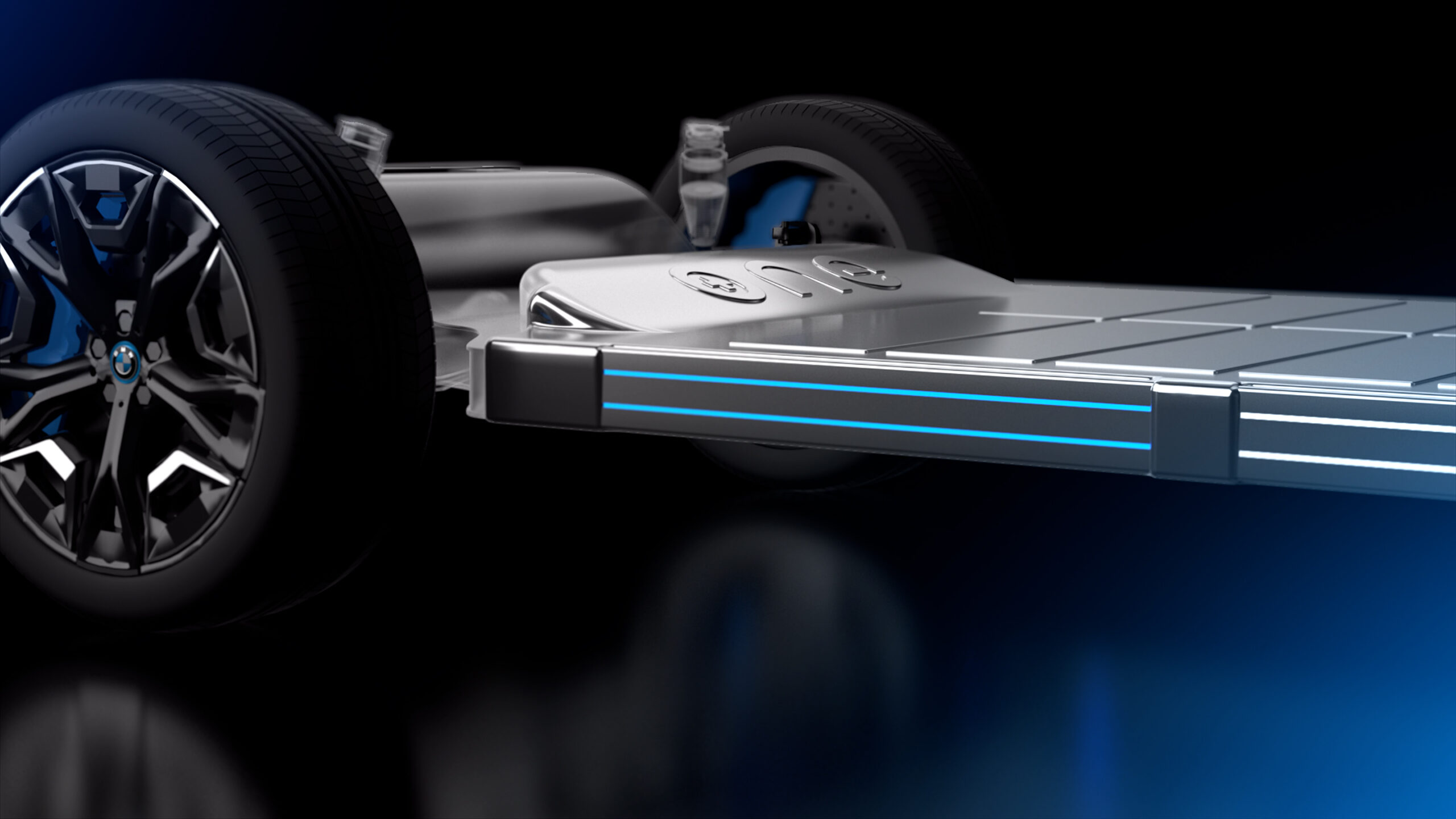
The Silicon Valley-based BMW i Ventures recently led a US$65 million (AU$93.65m) funding round into the technology, with partner Baris Gazul saying ONE’s Gemini battery could lead to greater EV adoption.
“Our Next Energy is working to fundamentally reinvent the battery while focusing on sustainability, safety, and cost; three key factors which will help speed the development and adoption of battery electric vehicles,” Guzel said.
ONE founder and CEO Mujeeb Ijaz believes his company’s dual-chemistry packs will be able to deliver driving ranges which better reflect what consumers demand in EVs.
“As EV adoption grows, drivers are learning that real-world conditions can significantly reduce the performance of their batteries,” said Ijaz.
“Common situations like maintaining highway speeds, winter temperatures, climbing mountains, towing, or a combination of all four things present challenges to electric vehicles. We plan to pack twice as much energy into batteries, so EVs can easily handle long-distance driving in real-world conditions.”
The BMW iX recently placed sixth in the 2022 edition of Wheels Car of the Year.
We recommend
-
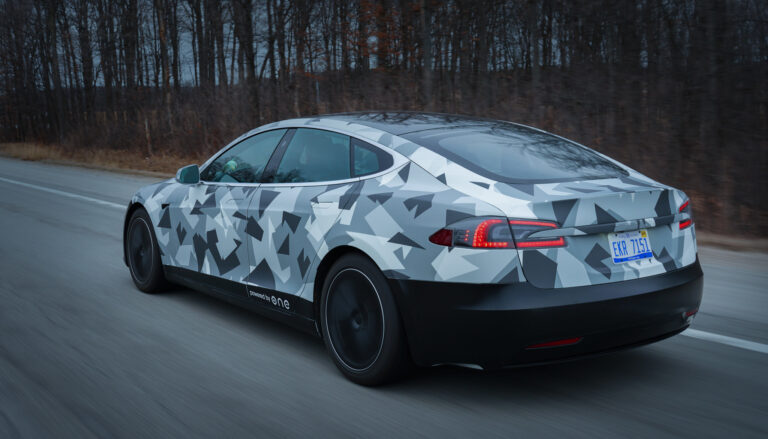 News
NewsVideo: US startup claims more than 1200km of driving range from new battery
An emerging company is looking at ways to improve battery tech, while making it cleaner
-
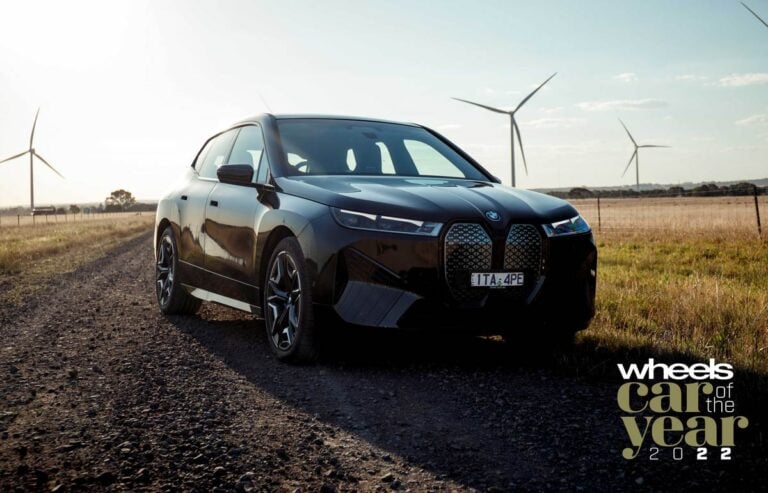 COTY
COTYBMW iX places 6th in Wheels Car of the Year
A tech and efficiency blueprint for Munich’s electric future
-
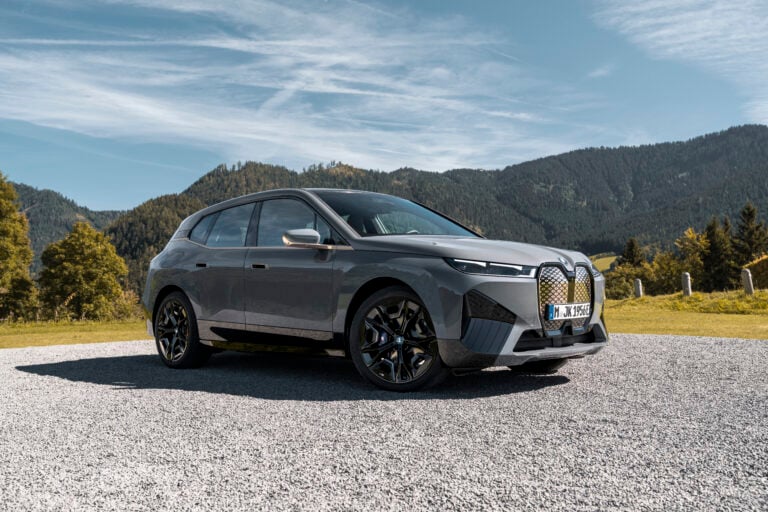 News
News2022 BMW iX M60 Australian pricing and features confirmed
The 455kW SUV is set to be BMW's most powerful electric vehicle yet


